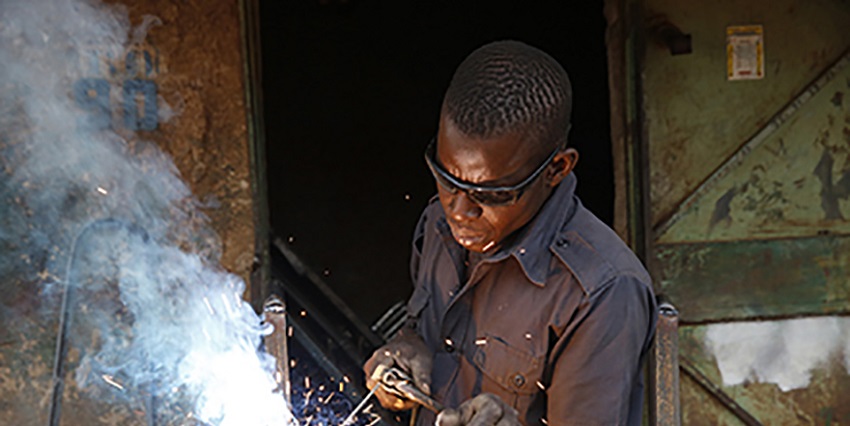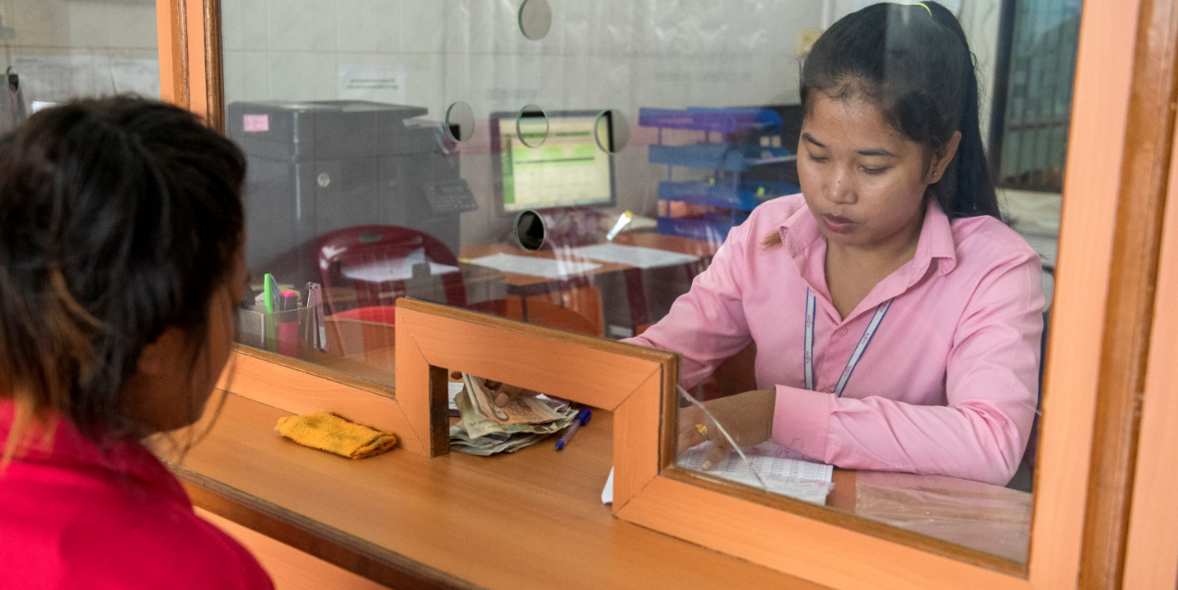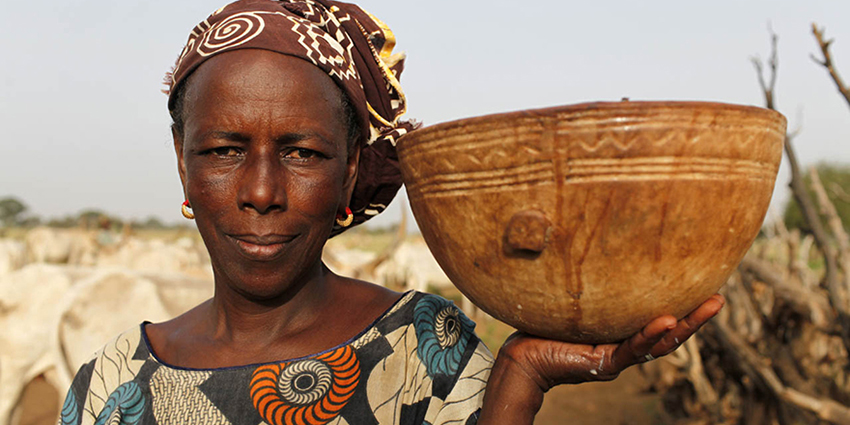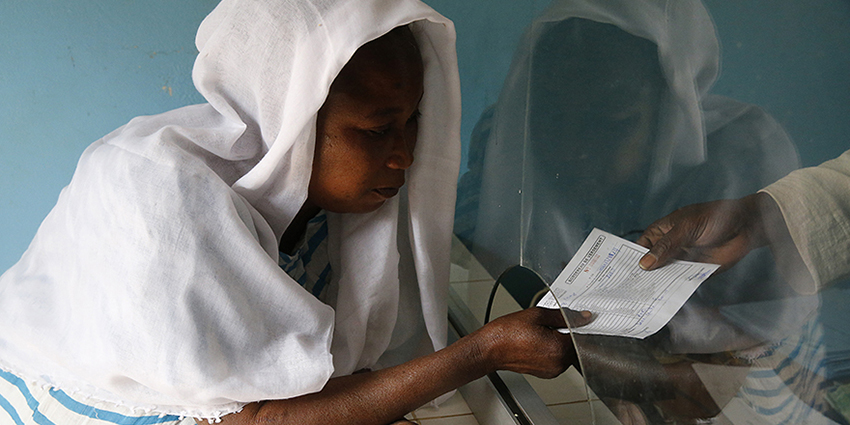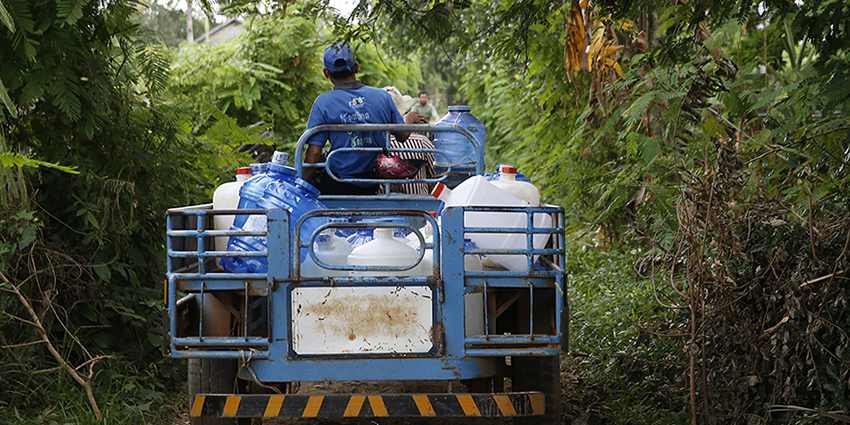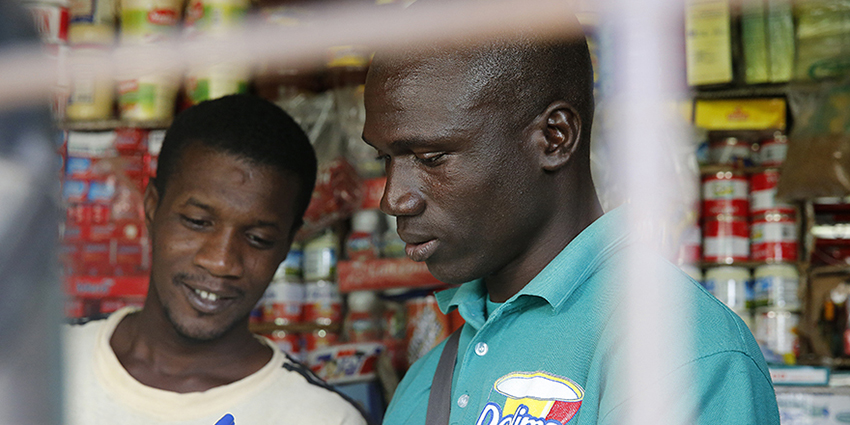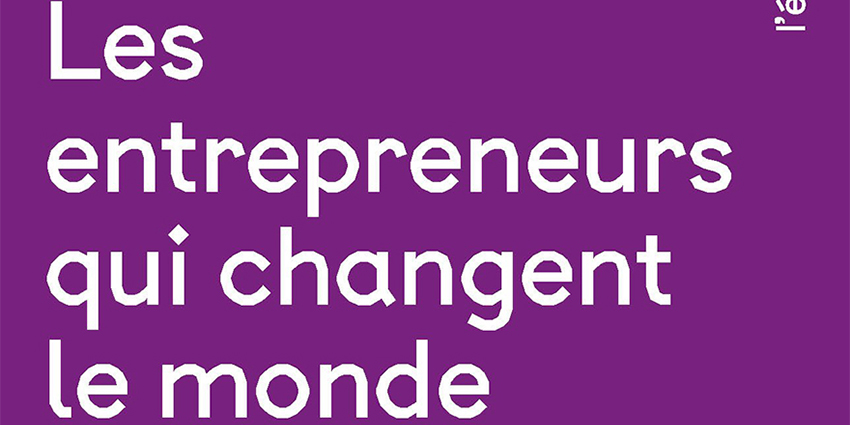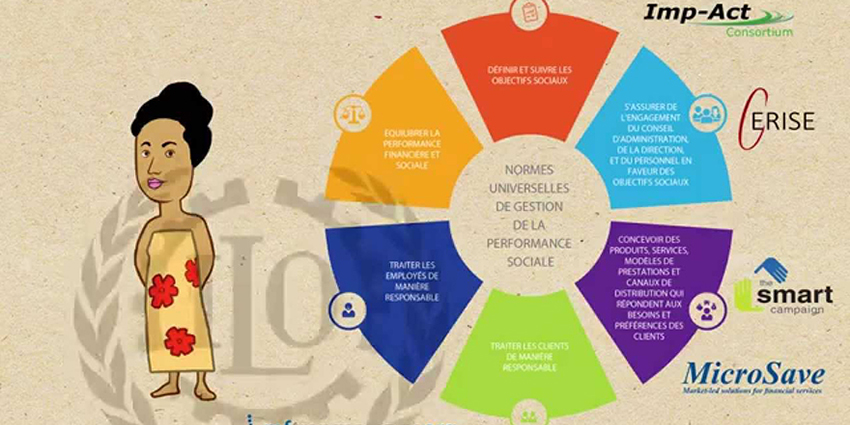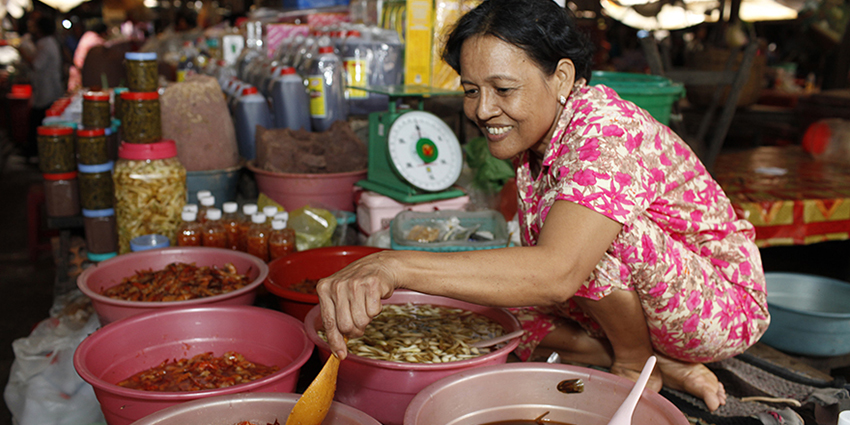[Social Business] Arrival in a Social Impact Foundation
By Juliette Charrier, Grameen Crédit Agricole Foundation
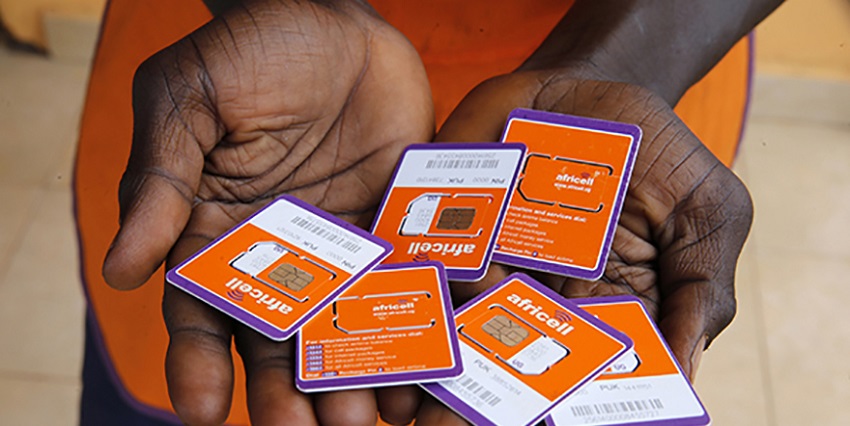
When you join a social impact foundation, you come with a lot of preconceived ideas and idealism. At least that was my case. I was finally going to learn the recipe for impact, qualitative and quantitative, to finally find models that make sense, are effective in fighting poverty, perform financially well, and align the interests of all stakeholders in the value chain. A cold shower. Nothing is black or white; having an impact is difficult, and we haven't found a magic formula yet. But, step by step, we're realizing that it is indeed possible to contribute to the economic development of emerging countries, support companies that create economic opportunities, and that compensate their stakeholders inclusively and fairly.
First, the disillusionment: have we been lied to for 10 years? Can social businesses really combine profitable growth with social impact? At first glance at our portfolio, we want to throw in the towel and ask ourselves: aren't we creating a speculative financial and social bubble around the concept of social business, claiming it works when the numbers aren't there? Despair and loss of confidence.
Then, by digging deeper into the issues and learning about each social business, we realize that there are significant and concrete improvements, sometimes operational, sometimes social, sometimes both... except in extreme cases, there are results. It's reassuring, exciting. Renewed hope for social business companies.
Results, certainly, but still well below expectations. We're therefore thinking about the means to implement, realizing that it's a long-term road and that we need good support. We also conclude that there are as many situations in social businesses as there are variables that must be brought together to ensure their success. But are we alone in this situation?
Out of step: Some impact funds claim to have a real social impact and market returns: how is this possible? Two lessons: 1) the notion of impact investing is very broad and ranges from "investments that do no harm, to investments that seek at all costs to do good." 2) the Grameen Crédit Agricole Foundation finances more social startups than social businesses or programs. The Foundation therefore belongs to "impact investing," in the "social business" sub-compartment, but more precisely in the Seed-Capital Risk drawer for Social Impact, due to its low average tickets and the entrepreneurial nature of the companies invested in. When we realize that Venture Capital funds rely on a "unicorn" company to realize the added value that will absorb the costs of a dozen less successful investments, while generating returns if possible to remunerate managers and shareholders, all this in flourishing and developed economies... we can measure the challenge that Seed Social Business Funds are setting themselves in emerging countries.
Is it a financial problem? Are investment funds investing too little to truly enable social business ventures to grow, structure themselves, and create a business? According to the GIIN report, internal rates of return (IRR) do not vary according to the total size of the funds but can vary according to the size of the investments.
Is it a problem of extra-financial resources? The entrepreneur's isolation and lack of qualified support? How can lessons be learned from investments that are so diverse in terms of manager profile, target market, socioeconomic context, company added value, targeted beneficiaries, etc.?
And even if all this were to work, are social businesses the best way to achieve impact? Wouldn't it be better to try to change the methods and practices of large, already resilient groups in emerging countries to have a real impact at scale? Integrating new stakeholders, such as new customer and supplier segments, could ultimately have greater impact.
Ultimately, we grow up, understanding that the goal is not to have the most profitable social impact, but to contribute to the economic development of emerging countries, by integrating previously excluded actors into value chains, creating jobs and providing access to essential goods to as many people as possible. The main thing is that we find ourselves in a stimulating environment, where situations evolve quickly, where we grope in search of fruitful mechanisms, where we try to strengthen social business enterprises through enriching partnerships, in search of financial balance and maximization of social utility, and where innovation is everywhere.
News from the front
Social Business customers = 100% beneficiaries? Not necessarily! In social business ventures, we often think that the customers are the beneficiaries. This would be ideal for maximizing impact. But for the company to have an impact, it must first and foremost be able to operate with a minimum profitability to cover its costs. Thus, we realize that in order to diversify its risk and strengthen the company, it is preferable for the company to address different segments of the population, beneficiaries and "traditional" customers. At least, this is the opinion of OikoCredit, which recommends starting a social business in the field of access to solar energy by first targeting customers who have the financial means, and then including the BOP (Bottom of Pyramid) segment in their business model.
Social impact challenges aren't always where you'd expect them. When seeking to include a marginalized population in an agricultural value chain to improve their income and living conditions, the first thing that comes to mind is the need to improve the resources of small farmers. While procuring inputs, preparing, and cultivating a field requires time and money, these steps don't prove to be the biggest obstacle facing marginalized small farmers. According to the Managing Director of Selina Wamucii, a fruit and vegetable export company in Kenya, the real factor excluding small producers is their difficult access to economic opportunities. Indeed, while NGOs, impact funds, and governments are mobilizing to finance the upstream production process, they should also ensure the downstream sector. Strong market demand will reassure small producers, who will no longer be afraid to take out a loan without the assurance of a future income.
Don't be dazzled by solar energy. Access to solar energy has been booming in recent years. It provides access to clean energy at a competitive price for marginalized or off-grid populations. It also enables the financial inclusion of unbanked segments through mobile payments and PAYG (pay as you go) mechanisms. There's no denying that solar energy has many positive effects. However, it's important not to oversell the social impact of solar energy: indeed, selling solar panels to a farmer will provide better lighting, but it won't necessarily generate income. A small producer will primarily need energy to irrigate their fields, plow their plots, and sell their produce quickly and at a fair price. It's therefore important not to overstate the impact; solar energy will improve the living conditions of beneficiaries, but it won't necessarily generate income.
After eight years of active social business, the Grameen Crédit Agricole Foundation wanted to learn from its experience and share it! It therefore presents the challenges these social business enterprises face. The Foundation makes proposals to strengthen this promising model.
Discover the White Paper on Social Business
______________________________________________________


